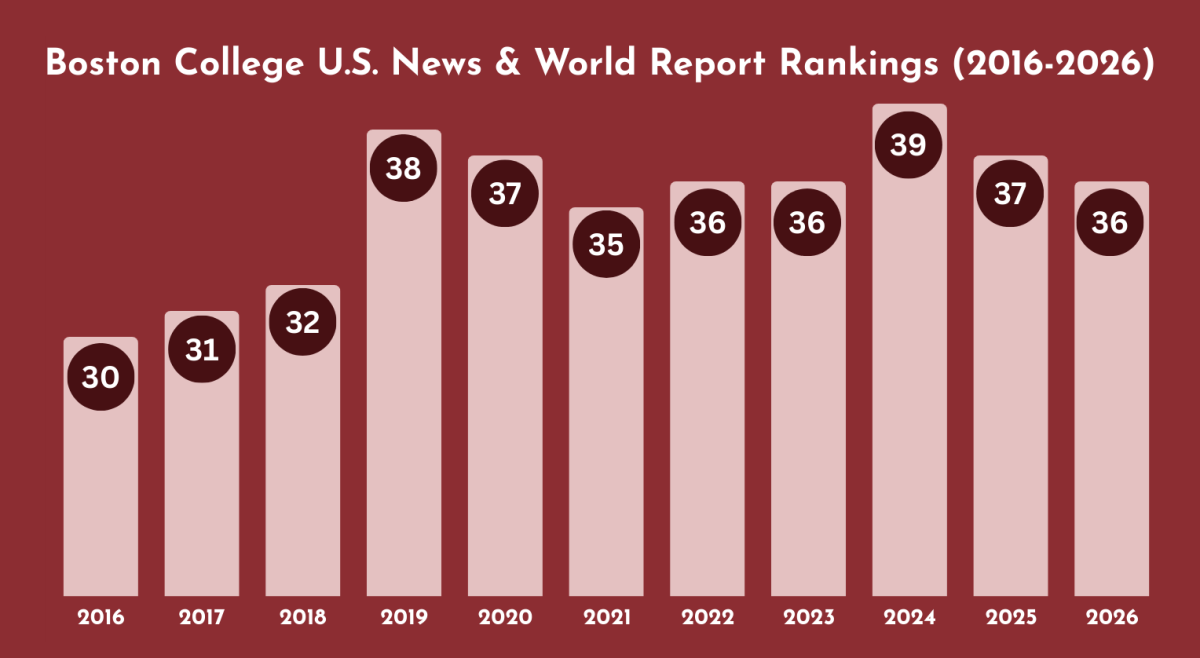Last March, Congress passed health care legislation that requires American citizens to purchase a health care plan if they can afford it, or face up to $900 in fines. The bill also stipulated numerous government interventions in the health care market, such as the ability to regulate rates and premiums. The health care bill is blatantly unconstitutional in its regulation of private business, and unnecessarily increases government interference in areas of the private sector.
First, it’s important that the constitutional issues are cleared up. Proponents of the health care bill defend it under Article I of the Constitution, which states that the federal government can “regulate commerce … among the several states.” It is rather obvious that Article I is being taken out of context when used to defend government regulation of health care. First, health care isn’t a good you can buy across state lines, removing it from the category of interstate commerce. Second, is it possible to even imagine the writers of the document had health care in mind when writing this clause? It is more likely they were thinking about furs or tea, or maybe tobacco.
Another argument for the health care bill is that it is defended as an extension of Congress’ right to tax the citizens for the betterment of the nation. However, when asked if the health care reform could be considered a tax increase in an interview with George Stephanopoulos, President Obama responded by saying, “I absolutely reject that notion.” If the health care bill can’t be considered interstate commerce and it isn’t an extension of Congress’ power to tax, where is it found in the Constitution?
Let’s pretend, for the sake of argument, that Congress had instead enacted legislation requiring all citizens with ample financial resources to buy a Ferrari. Imagine the outrage against such a bill. Americans would be in an uproar against the government for ordering them where to spend their hard earned money and telling them what to spend it on. While health care is certainly not the same as a Ferrari, the idea behind the two is similar. It is not the government’s right to tell its citizens what to spend their money on.
Now imagine that the government told every car manufacturer in America that they had to sell all of their products for $500. Manufacturers would be outraged and would have to lower the quality of their product to cut losses. The elimination of competition would in turn eliminate innovations as well as new research and development. The exact same situation exists with health care. If the government plans to set the rates at which health care companies sell their products, they can expect a stagnant health care system that provides a watered down product and does not function as well as it would under a free market.
A large issue with so-called “universal health care” is that health is not universal. The simple fact is that some people get sick very often and some people don’t. Some people can afford broad health care plans, some can’t. Some people want health care, some don’t. These differences can’t be just ignored and pushed under the table. Equality is great, but only equality of opportunity – it’s a ridiculous notion that all Americans fit into three categories of coverage, as asserted by the recent legislation. The more important issue is that all have access to some form of health care.
The argument that people need affordable health care is frequently used to defend our recent legislation. Granted, citizens who can’t afford health care from private industries should have ways to work toward obtaining a health care plan. However, this is already accomplished through Medicaid, which provides health care to impoverished individuals and families, and through Medicare, which provides health care to retirees and seniors. Unlike the health care bill passed in March, Medicare and Medicaid are available to a specific set of citizens with specific circumstances, not foolishly applied universally.
The most telling argument behind the failures of the recent health care legislation is that out of all the Republican congressmen, not a single one voted for the bill. This represents a sizable chunk of the population that simply did not agree with the provisions involved. Despite all the talk by President Obama and other Democratic leaders about the importance of bipartisan cooperation is, the bill was forced through Congress merely because of a Democratic majority.
We’ve all experienced government inefficiency at some point in our lives, whether it was while filling out tax forms or waiting in line at the post office or DMV. Giving the federal government another area of the economy to control is, quite obviously, a bad idea. The government frequently mismanages and earmarks money (last year’s stimulus bill, anyone?) and is permeated at all layers by corruption. It is necessary for health care, along with the rest of the economy, to remain a part of the free market.






